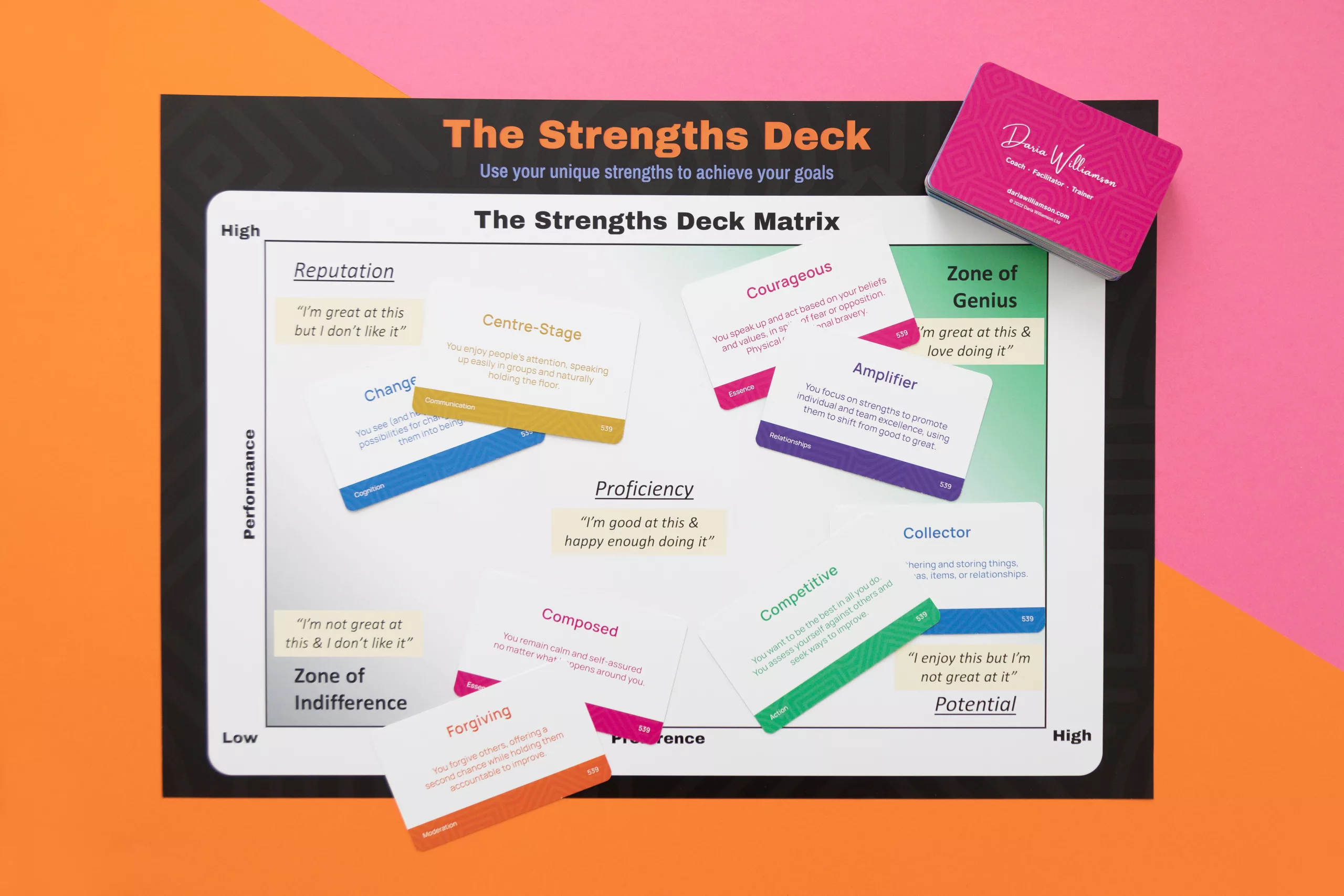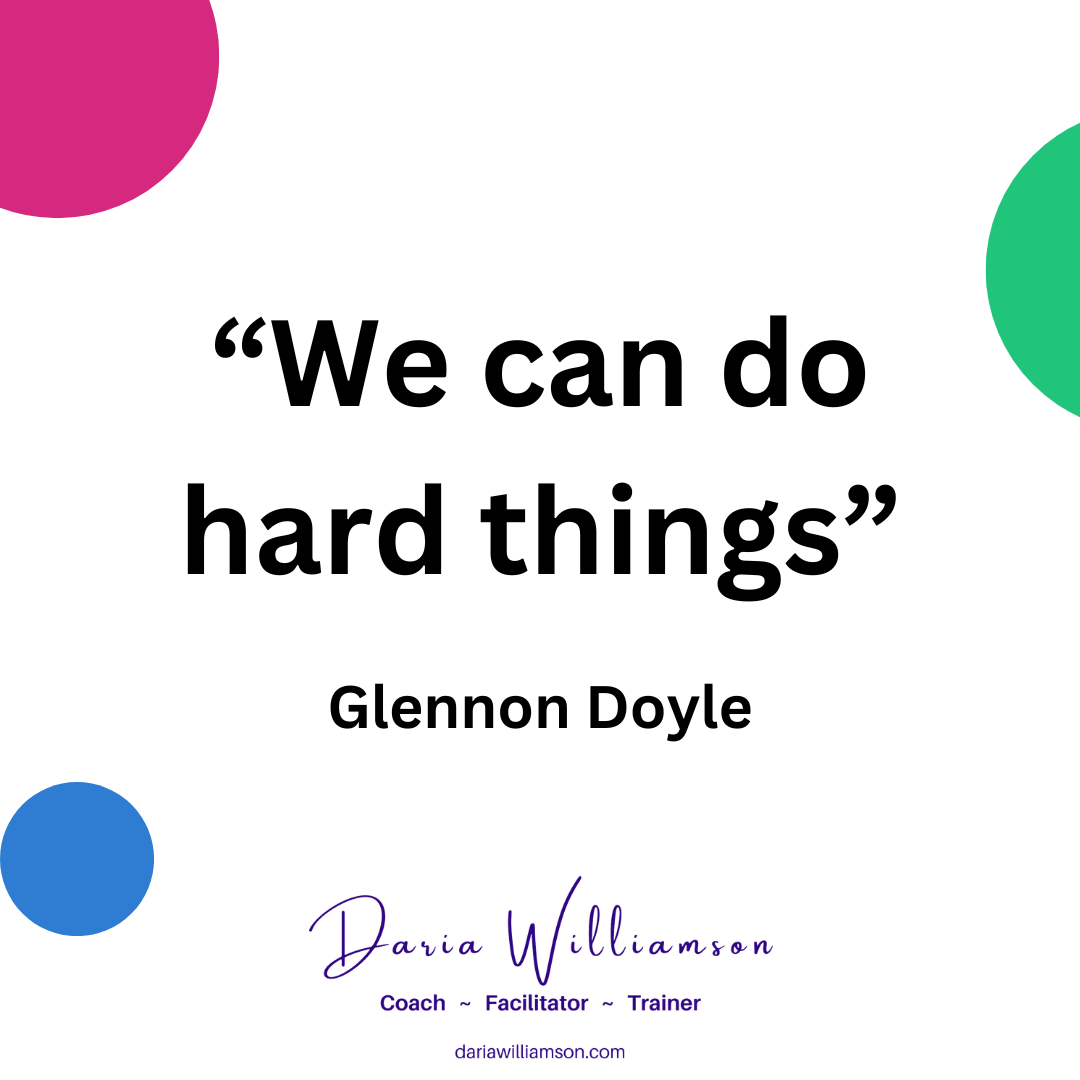As I wrote the title to this article, I wondered how many people would read it and think that I had mis-spelled “business” as “busyness”. After all, a number of problems that we face in society today can be attributed to worshipping business as though it is the only legitimate human pursuit, and the only thing that will “save” us from whatever ills we might be experiencing (such as productivity crises, pandemics, or poor self-esteem).
And while the worship of business and economic measures does cause a great deal of problems, I believe our worship of “busyness” is at the root. It creates the environment in which the worship of “business” leads to economic considerations being promoted ahead of what would strengthen individuals, families and communities so that they can prosper and flourish.
What is the worship of "busyness"?
I wish I could remember where I first came across the notion that we worship busyness! I read an article that was as good as a glass of ice water to the face of someone who had invested an awful lot of her self-worth in her productivity.
In the article, the author asked why we were so insistent on glorifying being ‘busy’, and suggested that it can be a massive barrier to living authentically and savouring the good things in our lives. I’ve linked to a couple of articles in the Resources section at the end; they cover similar ground to the original article I read.
How do I know we worship busyness?
All you have to do is consider how often you hear (or say) the word “busy” in an approving way.
- Bumping into an acquaintance at a cafe: “How are you?”, “Busy! And you?”, “Yep, really busy!”
- Catching up with a friend: “How are things going?”, “Oh, I’m having such a busy day/week/month/year/decade/life!”
- Sitting at your desk, trying to think your way through a challenging problem. Suddenly you realise you’ve been sitting there doing ‘nothing’ for 10 minutes, and feel like you need to ‘look busy‘.
What would it feel like if we answered “How are you?” with “Oh, I’m feeling really relaxed and on top of things”? Would we get a sideways glance, or face a green-eyed monster? Why is that? What makes us so uncomfortable about being not-busy?
Busyness gets used as a proxy for "important" or "valuable"
I think one of the big issues we face is that we have confused busyness with being important or valuable, and then we start to build it into our identity. So then, if we aren’t busy, we think we aren’t important or valuable, and our self-image suffers.
But as the old saying goes, no one on their death-bed ever said “I wish I’d spent more time at the office”.
Why? Because when we get right down to it, very few people find satisfaction in always being busy. Most of us find a sense of meaning in our relationships, in learning more about ourselves, and in the contribution we make to the lives of those we care about.
And if we burn ourselves out through constant busyness, what will suffer? Our relationships, our sense of self, and our ability to contribute to the world.
Busyness as a way to numb ourselves
Brené Brown talks about how we often use being busy as a way of numbing ourselves to things that we don’t want to feel. Read her amazing blog post on The Midlife Unraveling if you want to explore this in more depth.
What do you call someone who isn't busy?
If you were expecting a punchline after that heading, I’m afraid you’ll be disappointed! I posed the question because I’m a big believer in the importance of our language. Words literally give us our experience of the world.
For example, if you only know the words for the emotions of happy, sad and angry, then how do you describe the situation where someone you love gets a lucky break while you miss out on a promotion you were expecting? Only being able to describe your experience in terms of sad, happy and angry isn’t much help.
But, if you have a word like “bittersweet”, you’ve got a much greater chance of understanding your reaction, and being able to communicate what you are experiencing with someone else.
So, I’m curious as to how we label someone who isn’t busy, because that tells us a great deal about how our culture thinks about the value of being busy.
What does a thesaurus say about being busy?
On thesaurus.com, I found the following synonyms for ‘busy’:
- active
- already taken
- assiduous
- at it
- buried
- diligent
- employed
- engaged
- engrossed
- having a full plate
- having enough on one’s plate
- having fish to fry
- having many irons in the fire
- hustling
- in a meeting
- in conference
- in the field
- in the laboratory
- in someone else’s possession
- industrious
- occupied
- on assignment
- on duty
- on the go
- overloaded
- persevering
- slaving
- snowed
- swamped
- tied up
- unavailable
- up to one’s ears
- with a customer
- working

What does a thesaurus say is the opposite of busy?
Again using thesaurus.com, I found the following antonyms for ‘busy’:
- idle
- inactive
- unoccupied
- lazy
- quiet
- unbusy
- unemployed
- unengaged
Most of those are pretty negative! Mind you, some of the synonyms for busy aren’t pretty either, but of the 34 terms that I listed above, I reckon that about 24 of them are neutral, if not positive, words or phrases.
Crowd-sourcing a word
I posed this question in a video call and to my LinkedIn followers: “what’s a better word that captures the sense of being pleasantly occupied with activities that bring us joy?”
The answers ranged from “productive” to “brimming” to “engaged”. But what I find fascinating about the words people chose is that they all had a sense of work, productivity or action about them. So far I haven’t discovered a single word, or even a short phrase, that describes the sense of creating space to harmonise our living, working, playing and resting.
Why is this so important?
I’m interested in what life would look and feel like if we all deliberately made time in our schedules for rest and play. That is, if we structured our time so that we weren’t always “busy”.
Imagine a scenario in which your boss asks if you are available work late tonight on a major project, but you’ve planned to curl up on the couch to watch a movie or read a book. Right now, would you feel comfortable sharing why you weren’t available? If not, why not? What do you imagine the outcomes (short- and long-term) would be?
My guess is that your answers will include things like ‘My boss/colleagues will think I’m not committed to the company’, ‘My boss/colleagues will think I’m lazy’, ‘I can rest another time’, ‘Saying no might hurt my chances of a promotion’.
Busyness leads to burnout
While in many ways it would be admirable to skip your planned evening of rest to help the company out, you may find that the company doesn’t have the same level of commitment to your needs. When the sacrifices are going mostly, or only, in one direction, and one party is getting most, if not all, of the benefits, that’s a recipe for burnout.
And the same goes for relationships – it can feel really good, noble, and meaningful to sacrifice our needs for the people who are important to us. And there are times when that is absolutely the right thing to do. But if we allow it to become a habit and we don’t ensure that we also get our needs met, again, we’re headed for burnout.
I’m not saying we should turn ourselves into a “feverish, selfish little clod[s] of ailments and grievances, complaining that the world will not devote itself to making [us] happy” (as described by George Bernard Shaw). But I am saying that when we worship busyness above an integrated life of rest, play, and work, we will hurt ourselves in the long run.
The antidote to busyness
I wish that this was something I could sum up in three easy bullet points that you could stick on your wall!
Alas, as with most things in life, it’s a wee bit more complicated than that. So, in my next few posts, I’ll be exploring some of the keys that I have found that help me stay away from busyness, and keep me centred in meaningful, purposeful activities. The first article will address the various kinds of rest that we all need, and how we can go about weaving them into our lives. Then, I’ll look at why the concept of play is as important for adults as it is for kids. Other articles will join the family over time – keep checking back here, sign up to receive my monthly newsletter, or follow me on social media (buttons below) to be notified of new articles.
And I’m not claiming to have this all figured out – I reckon that figuring this out will be a team sport. So I invite you to share what keys you have found that help you to look after yourself and focus on what is really important to you. Let me know in the comments – I can’t wait to hear your thoughts!






4 thoughts on “What’s with the worship of busyness?”
Pingback: Why you need rest to be your best ~2021 ~ Daria Williamson
Pingback: How To Choose Your Approach This Silly Season ~2021 ~ Daria Williamson - Coach, Trainer, Facilitator
Great article Daria. To combat busyness, I find things that I am passionate about, and fill my time doing those activities. Work busyness can easily take over when un-apposed by something to balance your relaxation time.
Thanks Peter – great point about committing time to things that you love doing. I’m curious – what do you schedule in first: work or play?
Comments are closed.